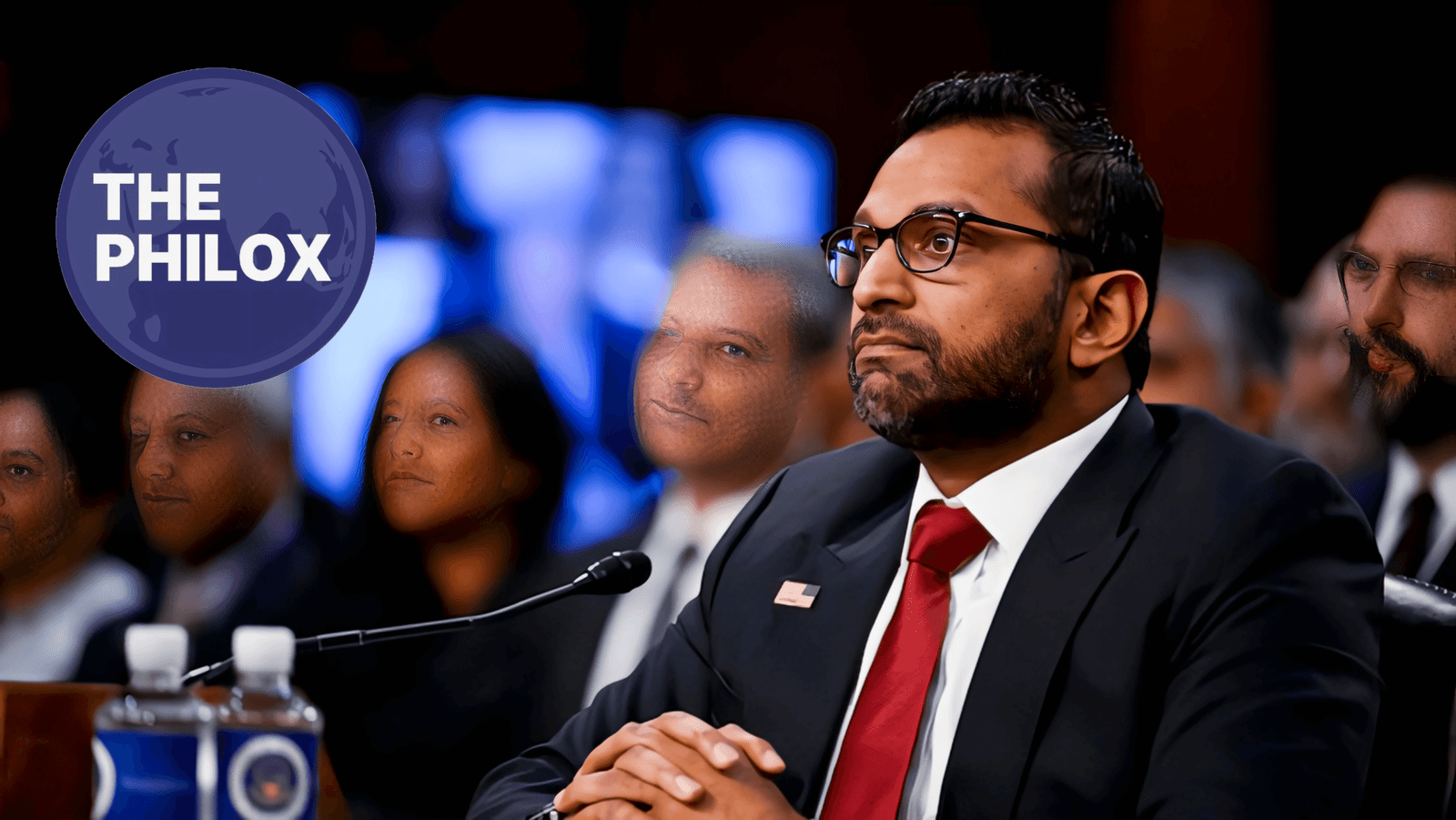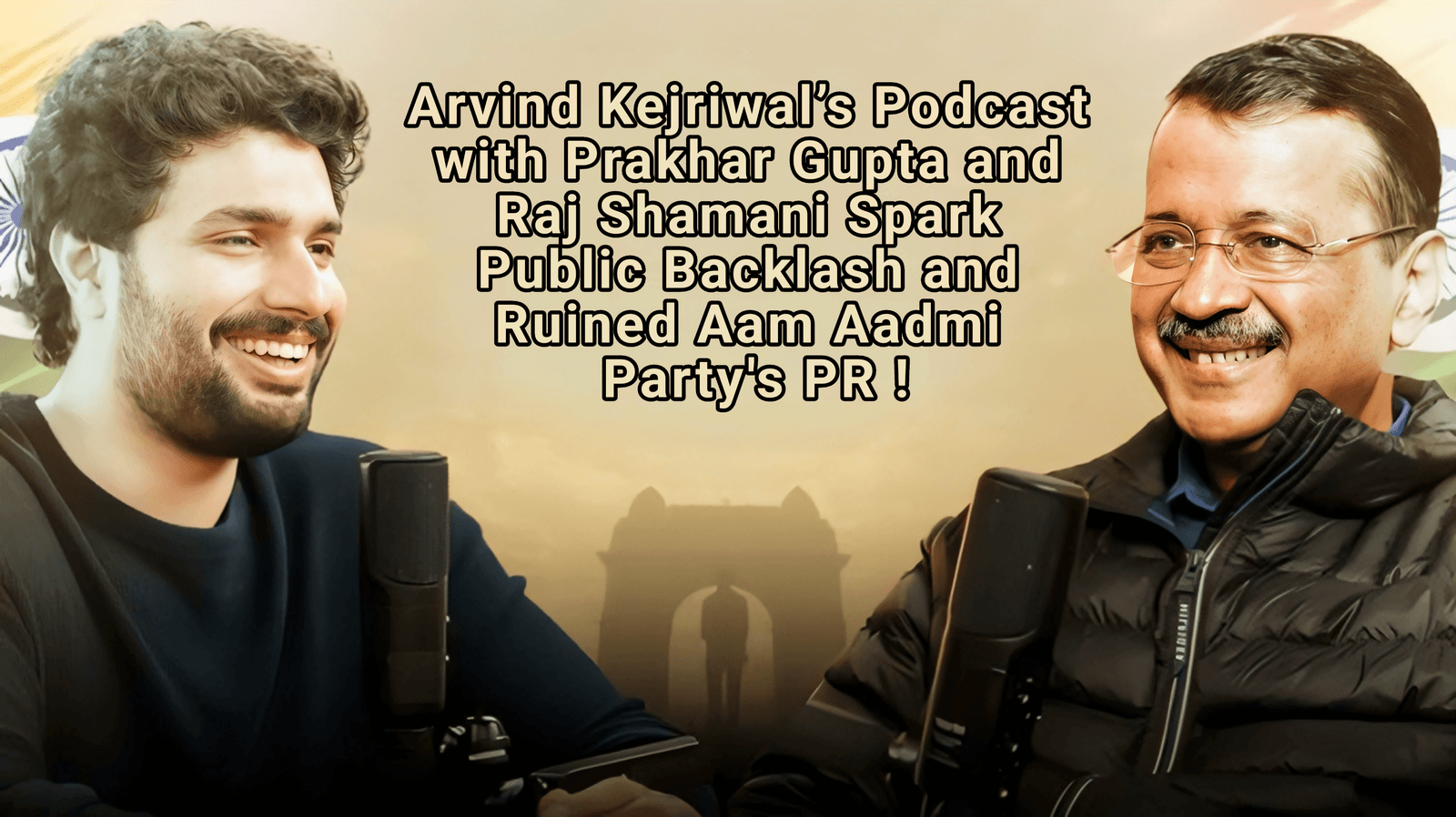Kashyap “Kash” Patel’s selection as the Director of the Federal Bureau of Investigation (FBI) has generated heated discussion in India as well as in the US.
Born in New York from Gujarati parents, Patel, an Indian-American, has become well-known in American politics especially for his strong support of former President Donald Trump.
For Indian-Americans in American law enforcement and governance, his confirmation as the head of the FBI in February 2025 represents a major turning point.
Though Patel comes from India, his divisive opinions and relentless allegiance to Trump cause great problems for India.
He is polarizing because of his past of assaulting the FBI, supporting the destruction of government agencies, and pledging to hunt supposed political rivals.
Furthermore, his attitude to law enforcement, national security, and foreign policy could sour U.S.-India ties.
Should his leadership result in more inspection of Indian immigrants, less intelligence-sharing, or trade policy disputes, India could find fresh diplomatic hurdles.
This paper investigates why, despite Patel’s Indian background, his term as FBI Chief may not be welcome news for India.
Rise to Power by Kash Patel
Born in 1980 in Queens, New York, Kash Patel came from parents of Indian heritage who had travelled from East Africa.
After earning a law degree, he started his career working as a public defender in Florida, representing clients in both federal and state courts.
Later, concentrating on international terrorism cases involving East Africa and the United States, he served as a prosecutor at the Department of Justice.
Once he joined the House Intelligence Committee as senior counsel under Congressman Devin Nunes, his political career got off steam.
Patel was instrumental in the Republican-led campaign to discredit the FBI’s probe of Russian influence on the 2016 U.S. presidential contest.
Trump and his supporters came to trust his efforts, which resulted in his appointment as a National Security Council official then as Chief of Staff to the Acting Secretary of Defense during Trump’s presidency.
Patel has been outspoken in his criticism of the U.S. intelligence establishment over his career, especially the FBI and CIA, charging them of being part of the so-called “deep state” he thinks to have been opposing Trump. Many saw his selection as FBI Director as a calculated step by Trump to guarantee agency allegiance.
Trump’s Loyalty and Difficult Views:
Patel has shown unflinching allegiance to Trump, which was crucial in his confirmation as FBI Chief. He has promised to reorganize the FBI to eradicate what he describes as “corrupt” elements and has freely backed Trump’s assertions of political persecution.
Patel said during his Senate confirmational hearing:
“The FBI has become weaponized against Americans. We will hunt corruption, reveal the deep state, and rebuild law enforcement’s credibility under my direction.
Though appealing to Trump’s fans, many legislators and foreign policy analysts have found such remarks disturbing.
Patel’s extreme posture on FBI reform begs questions about whether he would use his position to further Trump’s political agenda instead of stressing objective law enforcement.
His pledge to hunt alleged political rivals—media personalities, government officials, even intelligence agents—suggests that he could guide the FBI in a somewhat biassed direction.
This change may affect American diplomatic ties, including those with India, especially if Patel’s actions provide more difficulties for Indian citizens living in the United States.
How Leadership by Patel Might Affect U.S.-India Relations?
Patel’s Indian background notwithstanding, his FBI leadership may sour ties between the United States and India. Some important areas where his policies can cause conflict are listed here:
1. More Examining Indian Immigrants
One of the main worries is that Patel’s leadership would cause more attention on Indian immigrants, especially experts from the U.S. IT sector.
Given Trump’s earlier positions on limiting immigration and his strong nationalist sentiments, the FBI under Patel might implement tougher rules disproportionately impacting Indian citizens.
Should Patel mandate thorough investigations into foreign workers and businesses, visa approvals may be delayed, deportations may rise, and Indian professionals may be restricted.
Since many Indian IT companies have major operations in the United States, this would not only hurt individuals but also affect U.S.-India commercial relations.
2. Diminished Cooperation Against Counterterrorism
Long working on counterterrorism, the United States and India have shared intelligence to fight dangers from groups functioning in South Asia. But Trump’s “America First” approach and Patel’s great emphasis on domestic law enforcement could cause intelligence-sharing with India to be subordinated.
Under a hypothetical situation whereby Patel’s actions cause a 20% drop in intelligence-sharing, India’s capacity to fight terrorist threats from surrounding nations like Pakistan could be undermined.
India depends on U.S. intelligence to monitor extremist activity, hence this would be a major blow for it.
3. Polite Conflict Regarding Trade Policies
Patel’s nationalist posture fits Trump’s economic objectives, which sometimes put American interests ahead of world trade alliances.
His impact inside the government could help to shape laws limiting the access to U.S. markets for Indian companies.
Under Patel’s supervision, for instance, the FBI might boost investigations into Indian pharmaceutical and technological companies in response to intellectual property rights and security concerns. Such acts could lead to diplomatic conflicts between the two countries and generate trade restrictions.
4. Ignoring India’s Security Issues
China and Pakistan pose major security concerns for India; U.S. support has been absolutely vital in helping to offset these issues. But Patel’s leadership might turn the emphasis from India’s regional security issues elsewhere.
Should Patel’s tenure give domestic American security first priority over foreign alliances, India may find itself with less American help in its attempts to offset China’s increasing sway in the Indo-Pacific or Pakistan’s militant operations. This would erode India’s strategic posture in the area.
Patel’s Senate Confirmation: Global Reaction
Reaction to Patel’s confirmation as FBI Chief was not entirely positive either in the United States or abroad. Reflecting great political differences over his appointment, the Senate accepted his nomination with a close 51-49 vote.
Many Democrats and even some Republicans voiced worries about his politicizing of the FBI and compromise of its independence.
Global responses to Patel’s appointment have likewise been wary. While some Indian-Americans hailed his ascent to a high government post, Indian officials and analysts have voiced worries about how his leadership could affect bilateral ties.
For Indian-Americans, Kash Patel’s selection as FBI Director marks a historic event; nonetheless, it does not necessarily help India.
India may face difficulties in many spheres, including immigration, counterterrorism, and commerce, depending on his strong allegiance to Trump, divisive attitude on destroying the FBI, and forceful law enforcement strategy.
Underlining Trump’s nationalist agenda above international alliances, his leadership may ignore India’s security issues and generate diplomatic complications by so negating Although Patel’s Indian background might point to a link to India, his policies more likely promote American political goals than deepen U.S.-India ties.
India has to get ready for possible policy changes that would affect its people, companies, and security interests as Patel takes leadership of the FBI The next years will show if his presence will enhance or hinder the long-standing cooperation between the United States and India.
Stay Connected and Share Your Stories
For all those inspired by stories of resilience and ambition, follow us on X/Twitter and on Instagram . For those with untold stories that you would love to share, please send them to contact@thephilox.com




